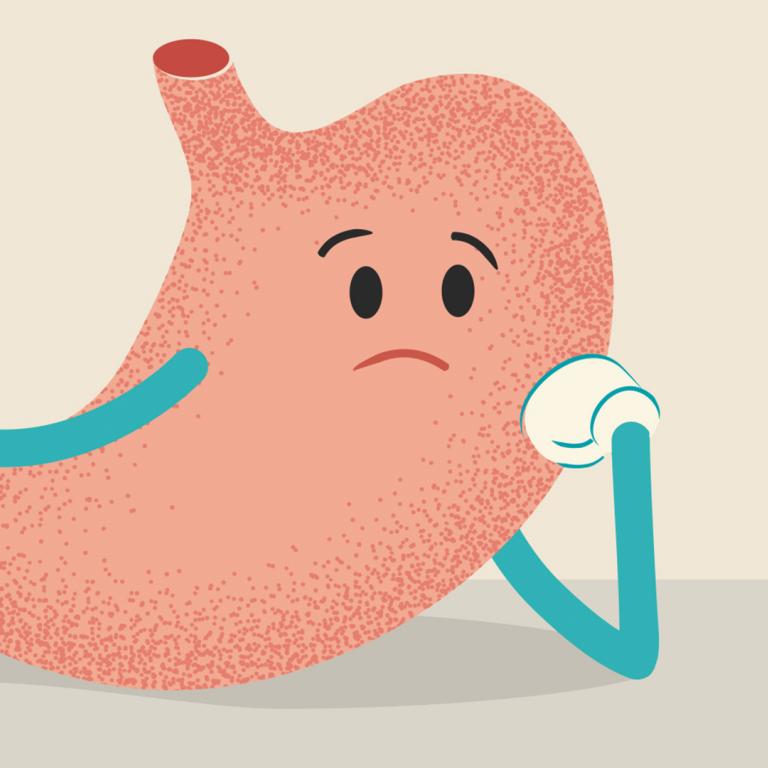

A Doctor Answers: Can I Get Rid Of a Wart At Home?

Q&A with Organizational Pro Peter Walsh + Dermatologist Shares A…

Actor Hank Azaria + Freezer Meals + Artichokes 2 Ways with Rach

See Inside Barbara Corcoran's Stunning NY Apartment + It's Steak…

How to Make Chicken and Lobster Piccata | Richard Blais

Donnie Wahlberg Spills Details About NKOTB's First Ever Conventi…

Donnie Wahlberg + Jenny McCarthy Say Rach Is Such a "Joy" + Look…

The Best Moments From 17 Seasons of the Show Will Make You Laugh…

How to Make Crabby Carbonara | Rachael Ray

Rach Chats "Firsts" In Flashback From Our First Episode Ever In …

How to Make Apple-Cider Braised Pork Chop Sandwiches with Onion …

Rach's Chef Pals Say Goodbye to Show in Surprise Video Message

How to Make Sesame Cookies | Buddy Valastro

How to Make Tortilla with Potatoes, Piquillo Peppers and Mancheg…

How to Make Shrimp Burgers | Jacques Pepin

How to Make Spanakopipasta | Rachael Ray

Andrew McCarthy Chokes Up Discussing Emotional Trip to Spain wit…

Celebrity Guests Send Farewell Messages After 17 Seasons of the …

Celebrity Guests Send Farewell Messages After 17 Seasons of the …

Andrew McCarthy Teases Upcoming "Brat Pack" Reunion Special

Michelle Obama Toasts Rach's 17 Years on the Air With a Heartfel…
What is a wart? While most people know what a wart looks like, not everyone can explain how or why they actually form.
That's where Dr. Travis Stork comes in. In order to help a viewer who came to him asking how to get rid of the wart on her hand, the doc first had to define what a wart really is.
(Don't worry, even Rach learned that a wart is more than just a bump!)
RELATED: Dr. Oz Answers Your 3 Most-Googled Medical Questions
"It's an infection of that top layer of your skin, caused most commonly by a member of the Human Papillomavirus (HPV) family," Dr. Travis says.
There are about 130 types of HPV, according to the doctor. "And any of these different types can cause what's known as a wart," he says.
So, what can you do to treat a wart at home?
"In the majority of cases, within a couple of years, your body's own immune system will actually get rid of the wart," Dr. Travis says. "But certain people — for whatever reason — these warts they just stay."
One of the things you can do at home is use an over-the-counter salicylic acid treatment, according to the doctor.
RELATED: 4 DIY Beauty Treatments You Can Make with Ingredients You Already Have
He recommends soaking your wart in warm water for 10-15 minutes first. This will soften the skin and make it easier to remove dead skin cells. Then, take a pumice stone, a wash cloth or a very gentle nail file and gently remove the dead skin.
It shouldn't hurt, Dr. Travis says, but stop if you feel any discomfort.
Next, apply the salicylic acid according to your doctor's directions and the directions on the package. And be patient — "it can take a number of weeks, because what you're doing is slowly but surely removing those cells that had the HPV virus in it."
RELATED: What to Do About Bunions, Cracked Toenails + Other Unpleasant Foot Stuff
Talk to your doctor if you have any signs of an infection, Dr. Travis urges. Depending on how long you've had the wart, over-the-counters may not work, he continues.
"In that case, doctors can freeze them off. In some cases, you even have to surgically remove them. But if you try this — and you're otherwise healthy — there's a pretty good chance it may go away on its own."
Salicylic acid is an ingredient in aspirin. Do not use if you are allergic to aspirin and stop using salicylic acid if irritation occurs. Before using, talk to your doctor about the type and strength you should use.





